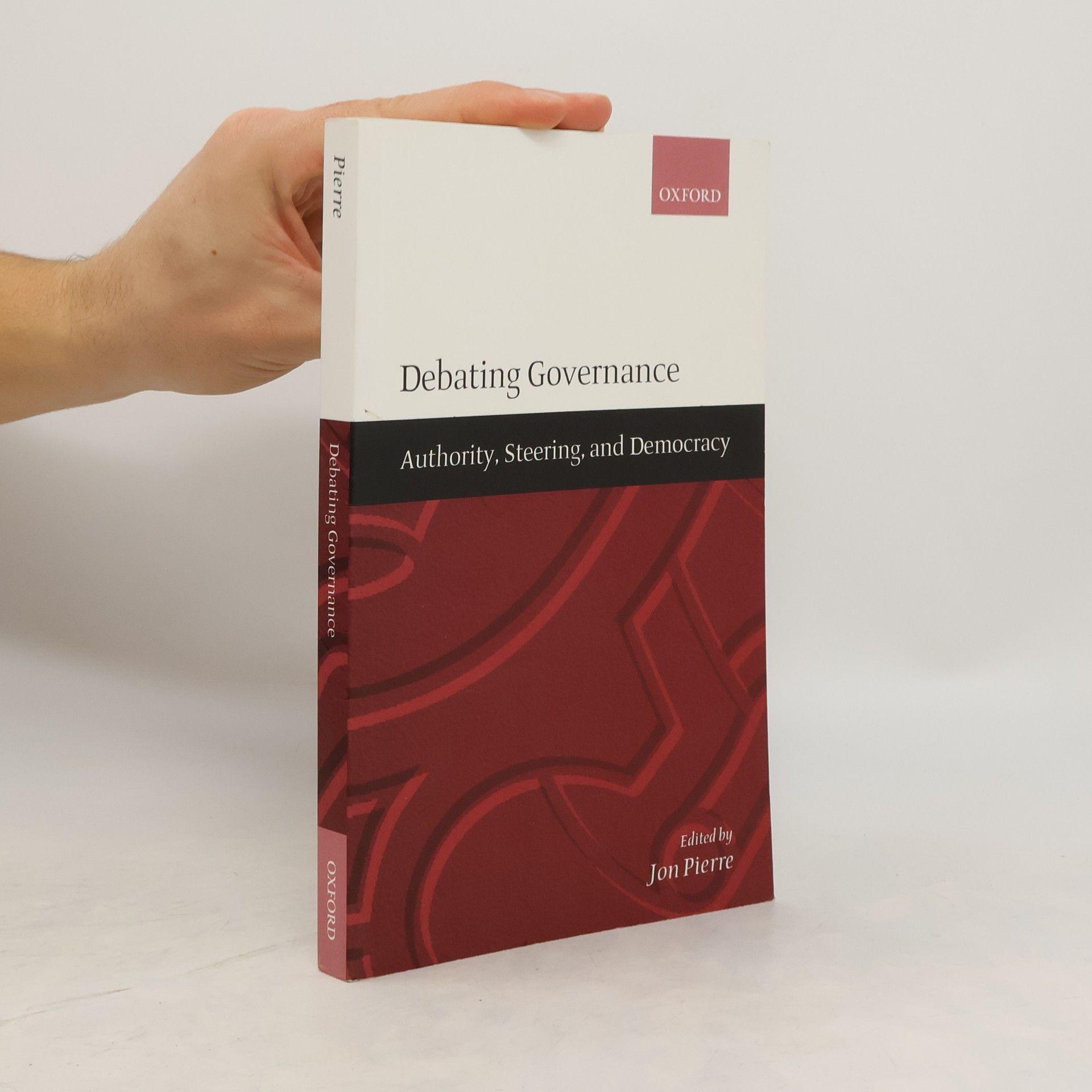The book features insights from leading scholars on various non-institutional strategies that modern governments can employ to address challenges such as urban decline, public administration issues, governmental regionalization, budget deficits, and the complexities of global economics. It explores the effectiveness of these approaches in enhancing governance and responding to contemporary societal challenges.
Jonathan Zeitlin Livres
